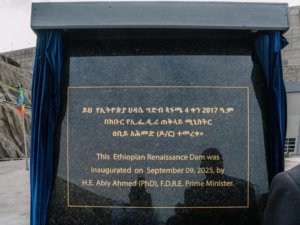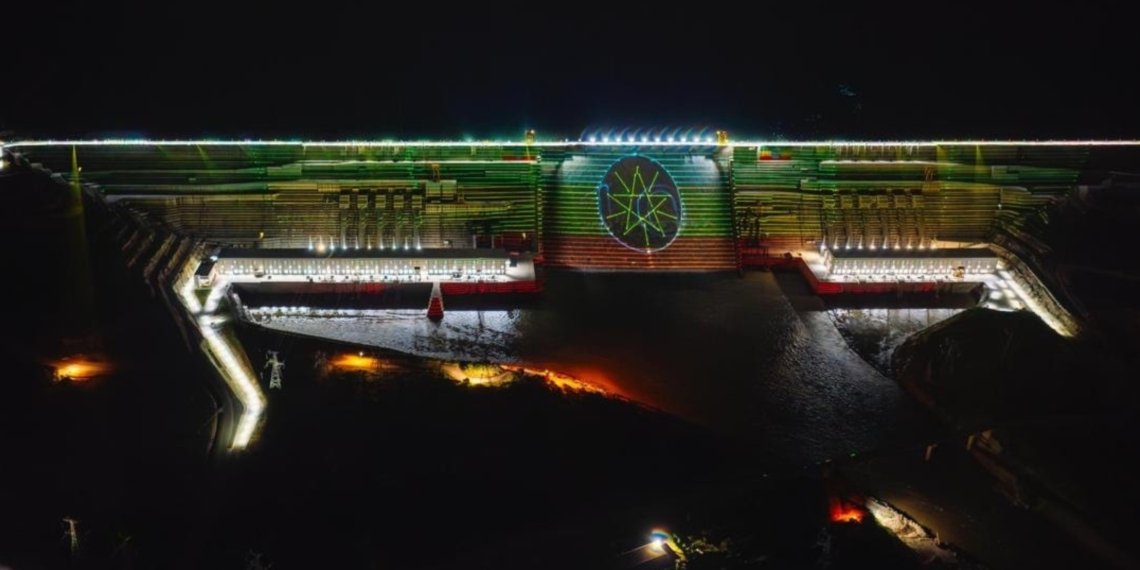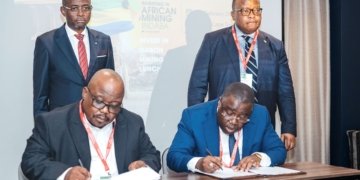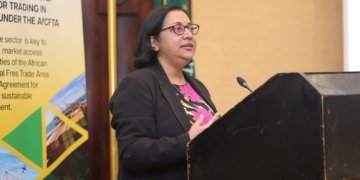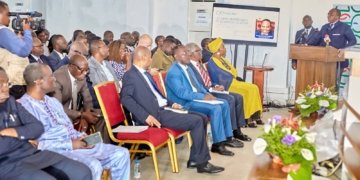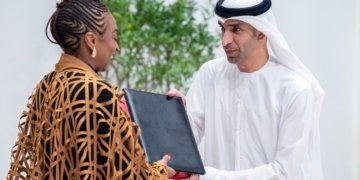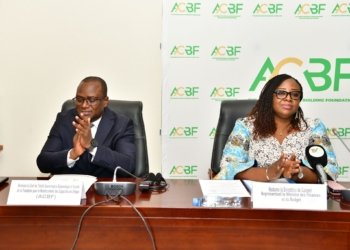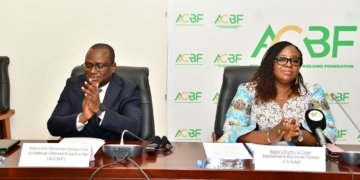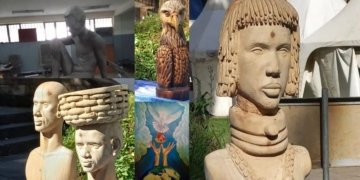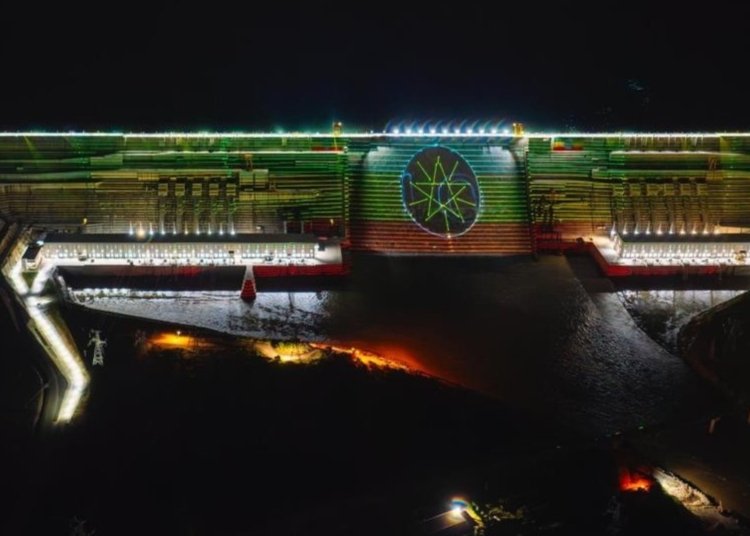Fourteen years ago, in a quiet family meeting in Addis Ababa, a retired auditor and a housewife decided to invest in a dream.
They bought a bond for a dam that did not yet exist, believing their children or grandchildren might one day benefit from the electricity it would produce.
This week, that dream became reality. The Grand Ethiopian Renaissance Dam, or GERD, was officially inaugurated on September 9, 2025, by Prime Minister Abiy Ahmed. With it, Ethiopia has achieved more than just a milestone in engineering.
The country has sent a message of self-reliance, national unity and pan-African ambition.
Her Excellency Etsegenet Bezabih Yimenu, Ethiopia’s ambassador to Uganda, reflected on her parents’ story as a symbol of the collective sacrifice behind the project.
“It is not easy to find a family in Ethiopia that has not contributed to the dam,” she said. “That is why we call it ‘It’s My Dam.’”
She recalled her parents’ words at the time: “We might not see it completed, but our children and grandchildren will reap the benefits.”
They also thought of their relatives in a village 70 kilometers from Addis Ababa, where even today, there is still no electricity.
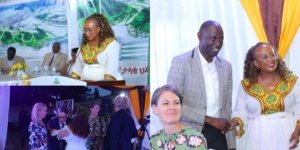
A People-Funded Project With Continental Impact
Built entirely with domestic funding and contributions from civil servants, farmers, street vendors and members of the diaspora, the GERD is the largest hydroelectric power plant in Africa, capable of generating 5,150 megawatts.
Over 60 percent of Ethiopians currently lack access to electricity.
The dam is expected to change that, bringing light to rural villages and powering factories that will create jobs for a growing youth population.
At an event marking the inauguration in Kampala, Ugandan public affairs professional Simon Kaheru described GERD as an example for the continent.
“Today, with the GERD, Ethiopia is teaching us more how to turn that resilience into an achievement which we all Africans can be proud of,” he said. “We are here to learn as Africans.”
Beyond Ethiopia’s borders, the dam opens the door to energy exports through the East African Power Pool and strengthens cooperation among Nile Basin countries.
Ambassador Etsegenet called it a break from outdated, colonial-era water agreements that excluded many upstream nations.
For Ethiopia, the GERD is a national narrative, one shaped by vision, persistence and the belief that African nations can lead their own development.
“We are ready for our next mega project, and the people have complete confidence and are starting to say so,” she told Bantu Gazette, using the Amharic phrase for “It is possible.”
